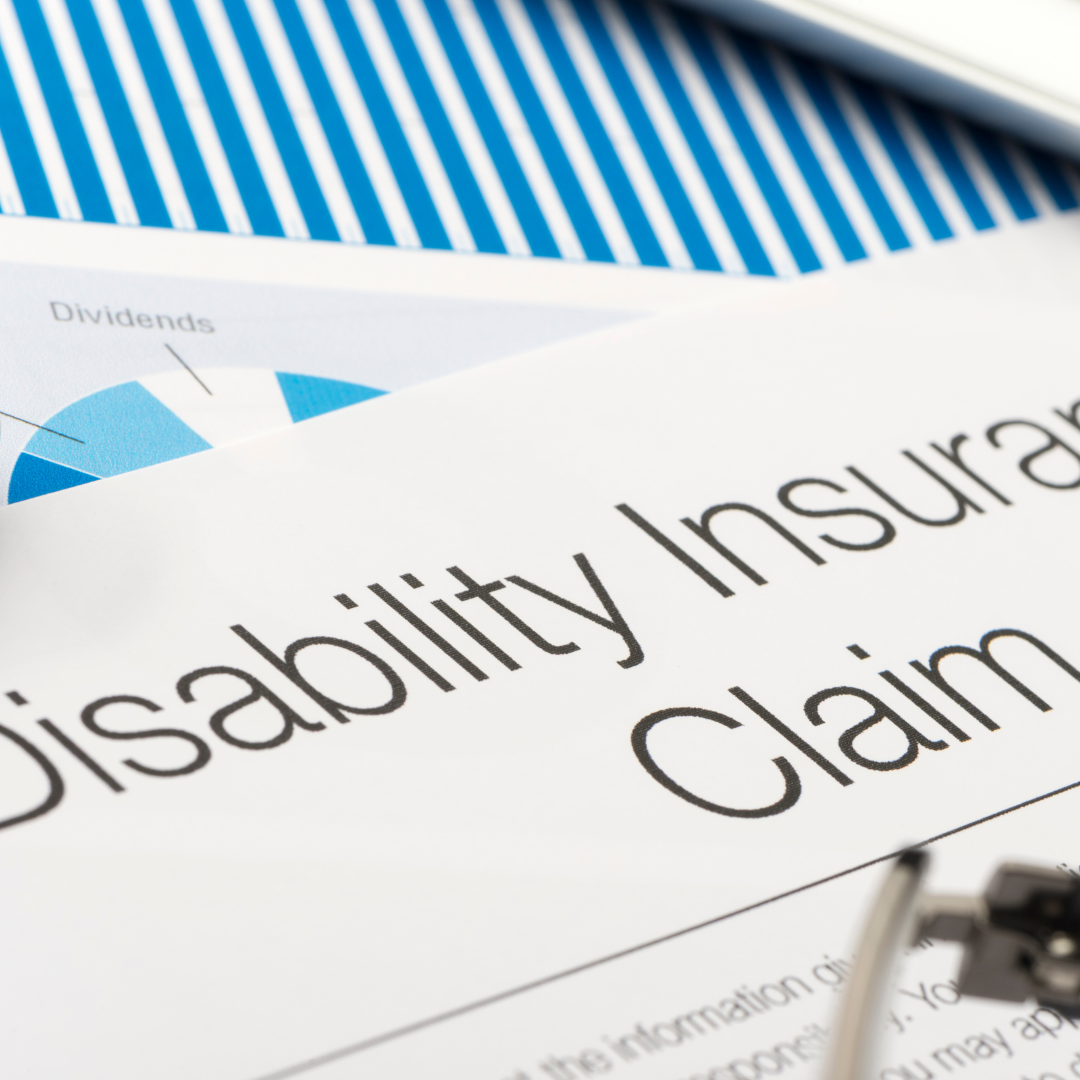Injured workers and people with disabilities often struggle to navigate the legal system. First, complex language and red tape create confusion. Then, power imbalances leave many feeling voiceless and vulnerable. Without legal support, individuals face delays and denials that compromise their rights. However, legal advocacy changes that. It empowers people to take action, challenge unfair decisions, and secure the compensation they deserve. By bridging the gap between individuals and justice, advocacy ensures that no one gets left behind.
Advocacy as a Bridge to Justice
Legal advocacy restores power to individuals often dismissed by complex systems. First, advocates simplify legal processes so people can understand their rights. Then, they actively challenge unfair decisions and push back against systemic obstacles. As a result, individuals gain the confidence to speak up and pursue justice. Advocacy does more than offer support, it creates a path forward. By standing beside vulnerable communities, legal advocates help transform silence into action and ensure every person receives the fair treatment they rightfully deserve.
The Barriers Are Structural
Access to legal help is not equal. Marginalized communities face greater difficulty navigating the system, often due to lack of resources or mistrust of institutions. Real reform begins with making legal tools and information truly accessible—regardless of income, language, or disability.
The Role of Compassionate Representation
Effective advocacy isn’t just legal—it’s personal. Advocates must listen deeply, understand lived experiences, and build trust. Compassion paired with legal knowledge creates stronger representation and better outcomes.
A System That Hears Everyone
Advocacy shouldn’t be a privilege—it should be a right. Reform must ensure legal support is available to all, especially those at risk of being left behind. A fair system is one where no one stands alone.
If you or someone you know struggles with a complex claim, don’t wait—take the first step and reach out. Advocates actively listen, offer guidance, and help you assert your rights.


